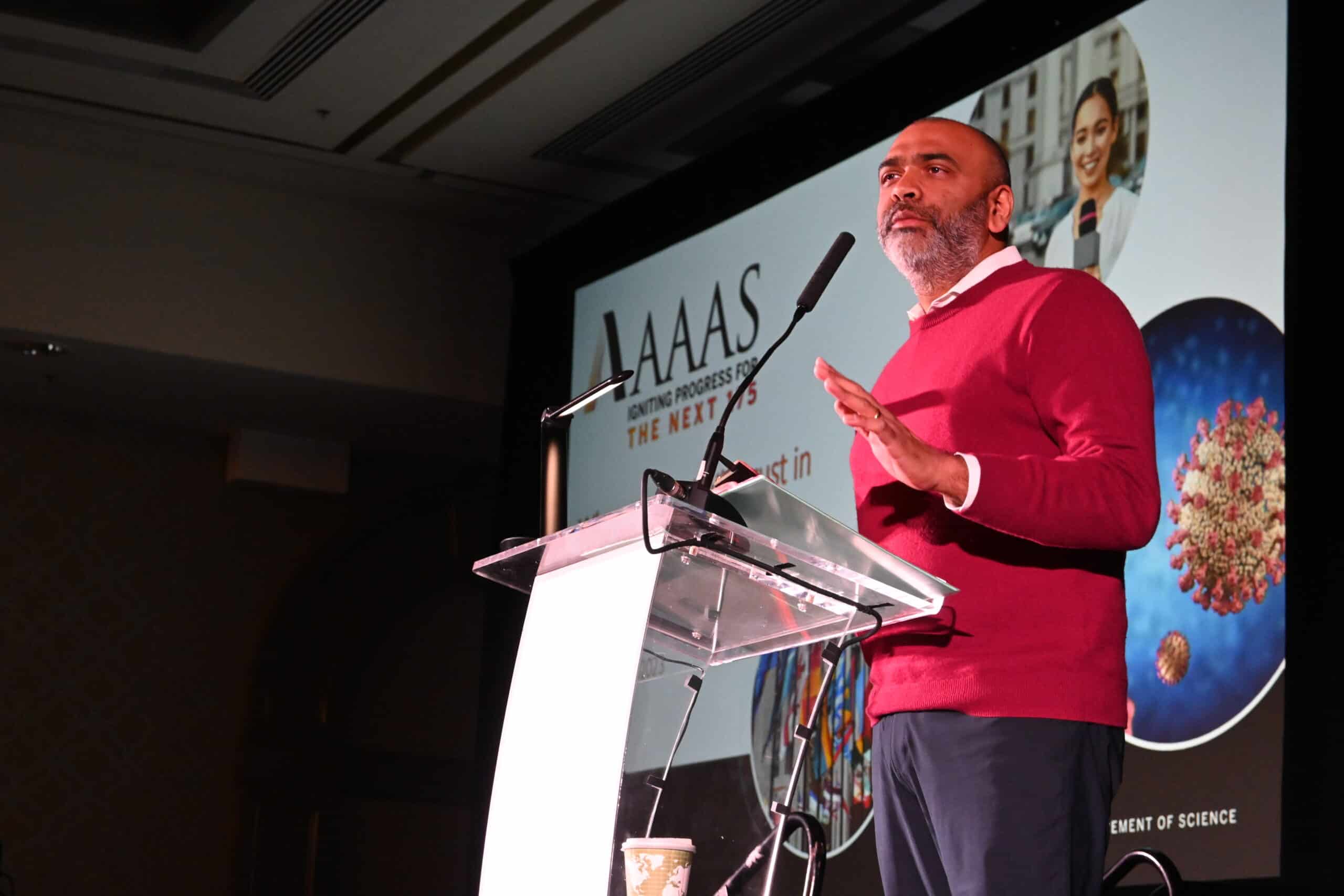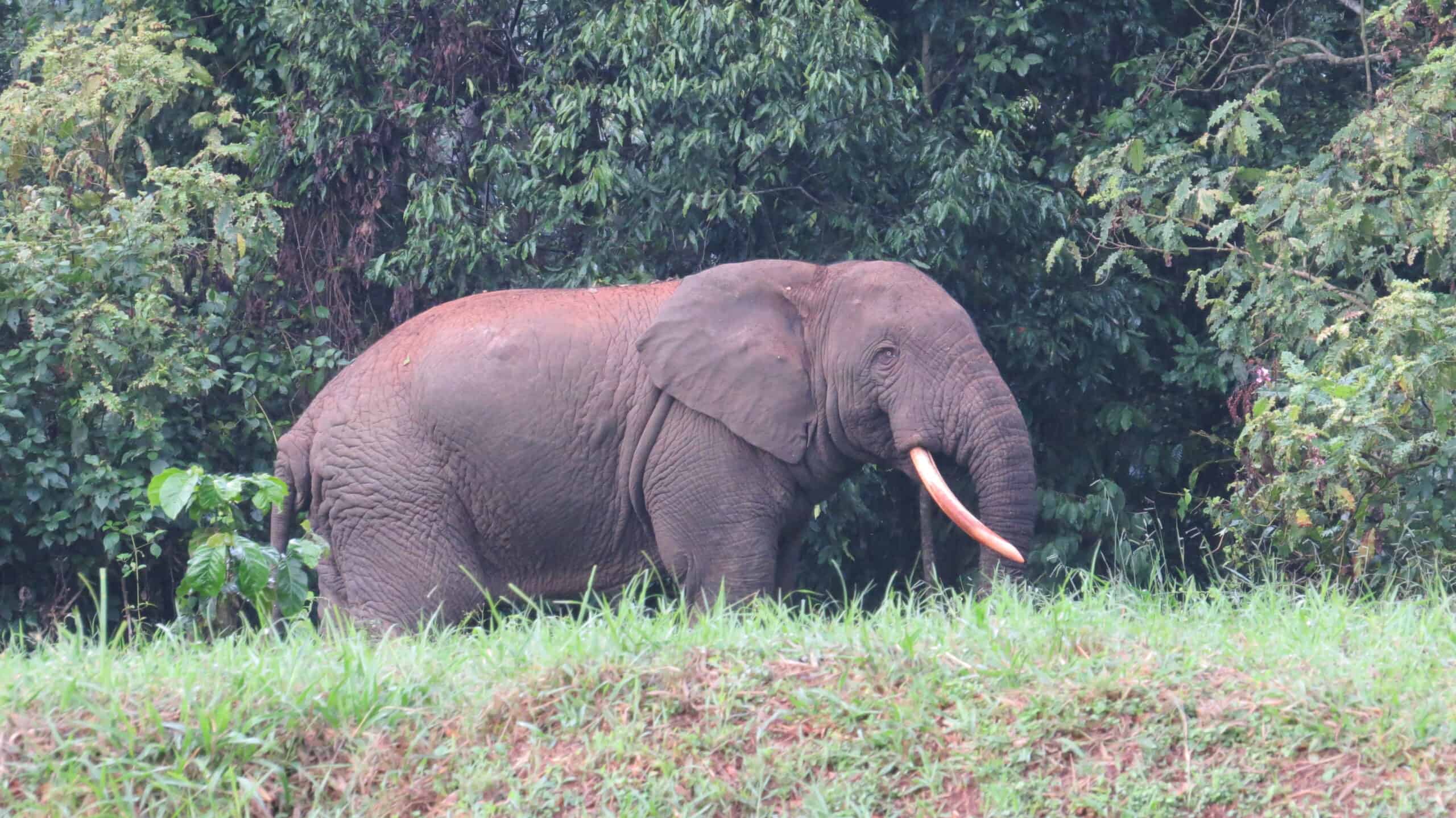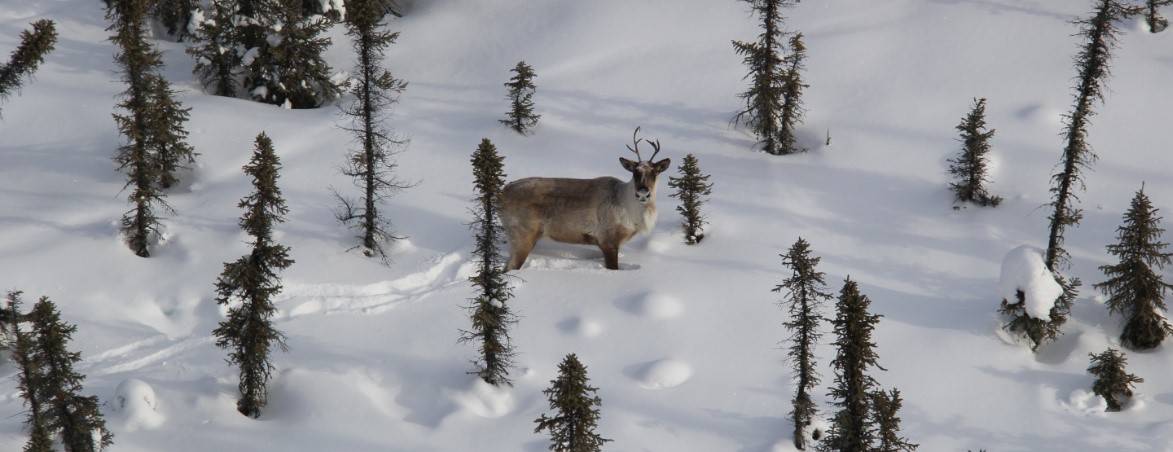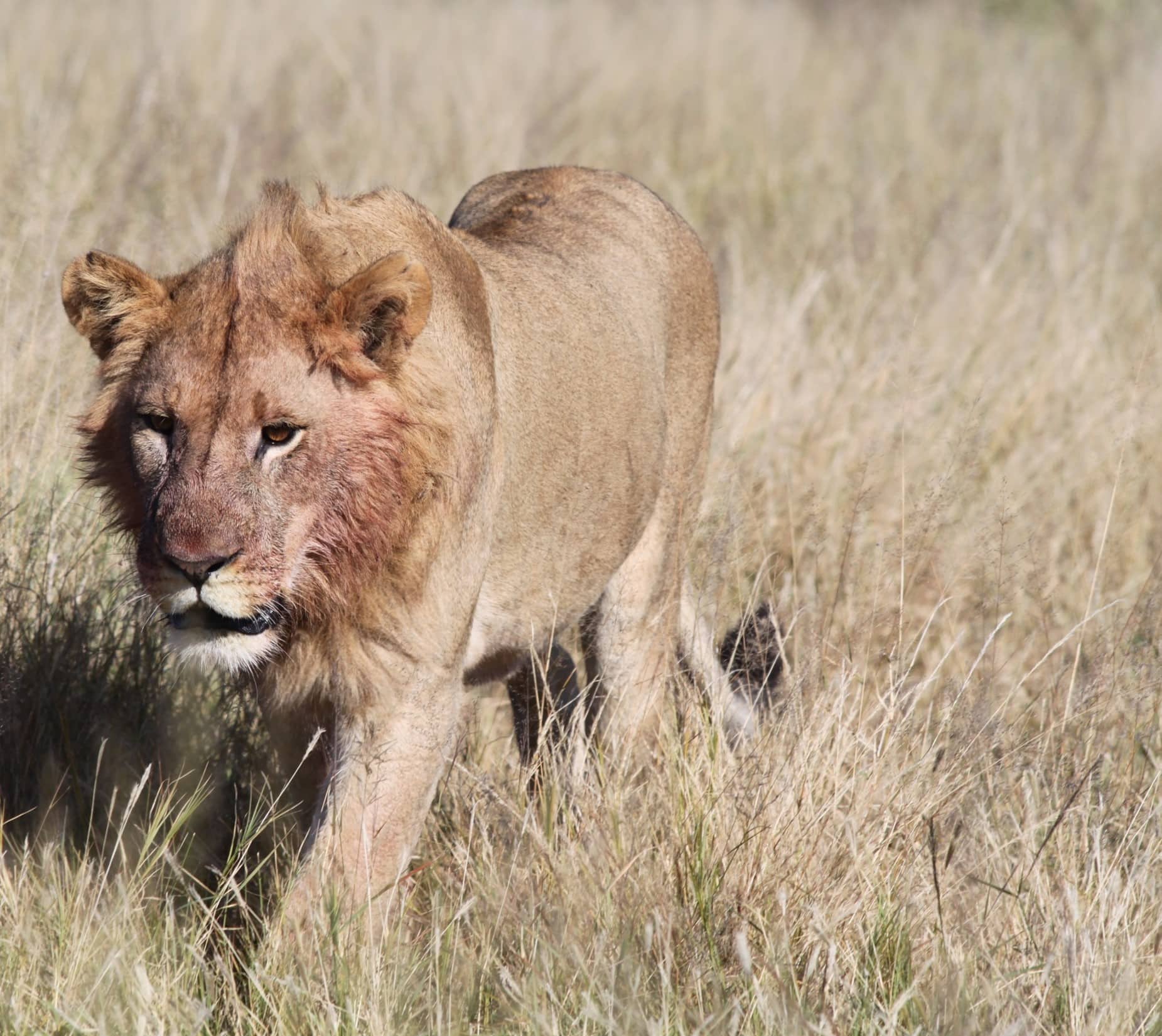Share this article
TWS 2023: Building trust in science
How can scientists combat misinformation?
We’re living in a “golden era of science,” yet trust in science among the American public is decreasing, Sudip Parikh, CEO of the American Association for the Advancement of Science, at the plenary speech of The Wildlife Society’s 2023 Conference in Louisville. Scientists, he said, have a duty to improve this.
“We have to build trust, we have to earn trust,” said Parikh, one of the keynote speakers. This is critical, because scientists can’t overcome the great problems of our time, or accomplish great things, with only a modicum of public trust. But it takes time. “Trust is gained in teaspoons and lost in buckets,” Parikh said.
One way to overcome this is to combat misinformation. We can do this by promoting high-quality science, promoting scientific consensus on issues like climate change or the effectivity of vaccines, and promoting accuracy, said Emily Vraga, associate professor in the Hubbard School of Journalism and Mass Communication at the University of Minnesota.
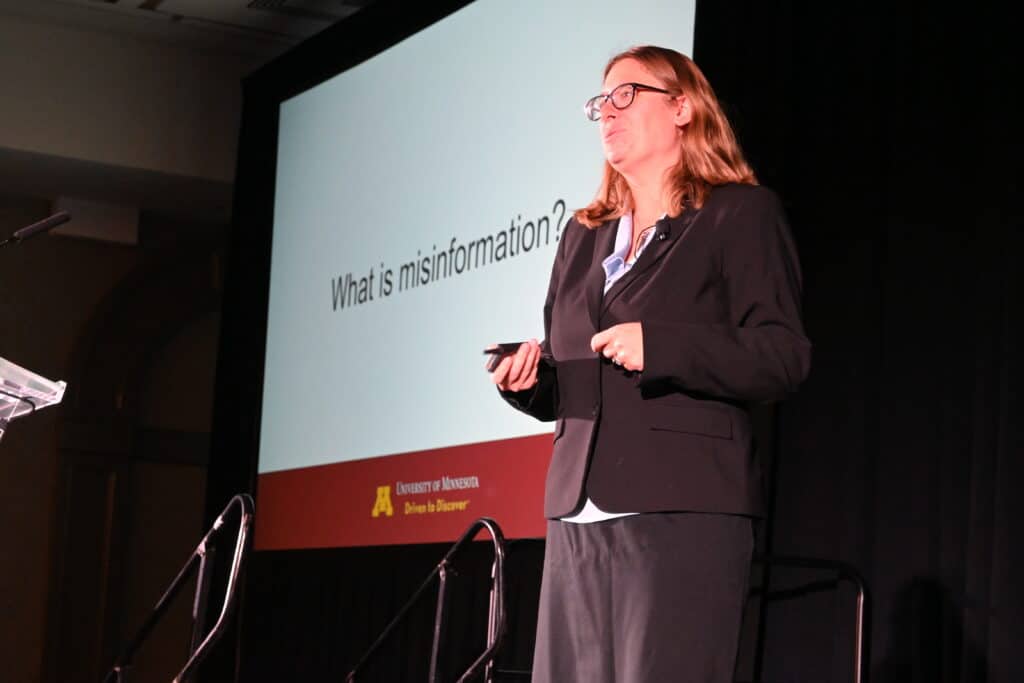
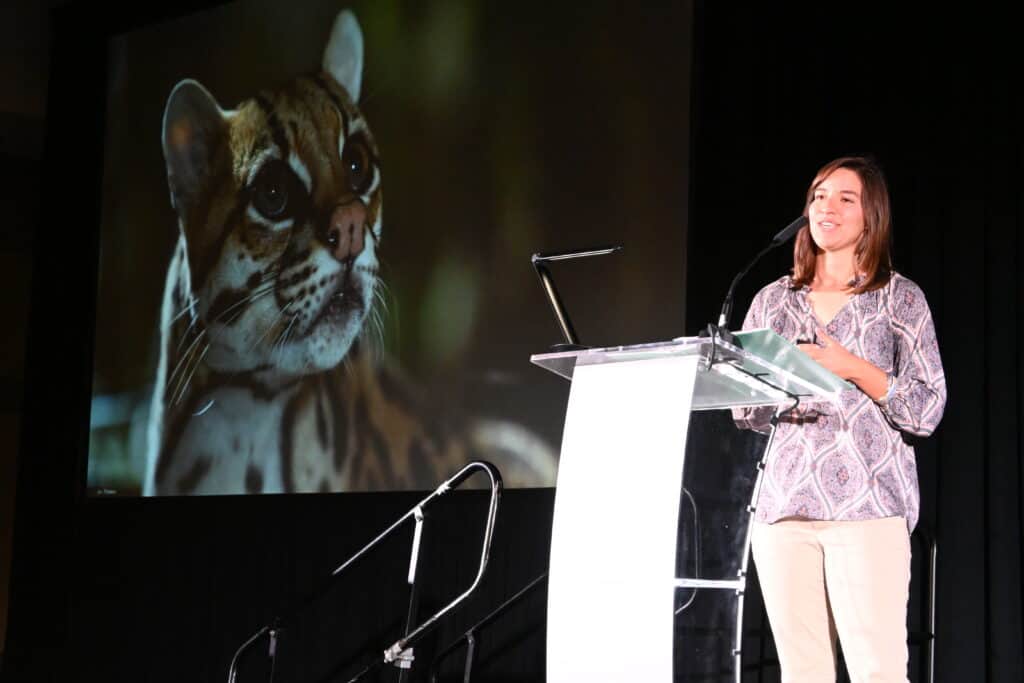
“We all need to be expert voices together,” Vraga said.
Lindsay Martinez, research program coordinator for the East Foundation, spoke about the evolving strategy to conserve endangered ocelots (Leopardus pardalis) in the U.S. For about 40 years, the small population of these cats in the northern end of their range has not increased despite protection under the U.S. Endangered Species Act.
One challenge has been to overcome private landowner distrust in government wildlife agencies if ocelots are confirmed on their land. But public outreach and education about the science behind ocelot biology and management, and a commitment to developing legal mechanisms to get landowners on board, has greatly improved the outlook for this species. Wildlife managers are hopeful they will be able to introduce a population of the species on private lands.
“We’ve turned scientific relationships into conservation partnerships,” Martinez said. As this relationship between conservationists and landowners has improved, she said, “private landowners may be one of the biggest assets for ocelot conservation.”
Header Image: Sudip Parikh, CEO of the American Association for the Advancement of Science, discusses ways to overcome public distrust of science at the plenary of TWS' 2023 Annual Conference. Credit: David Frey/TWS



